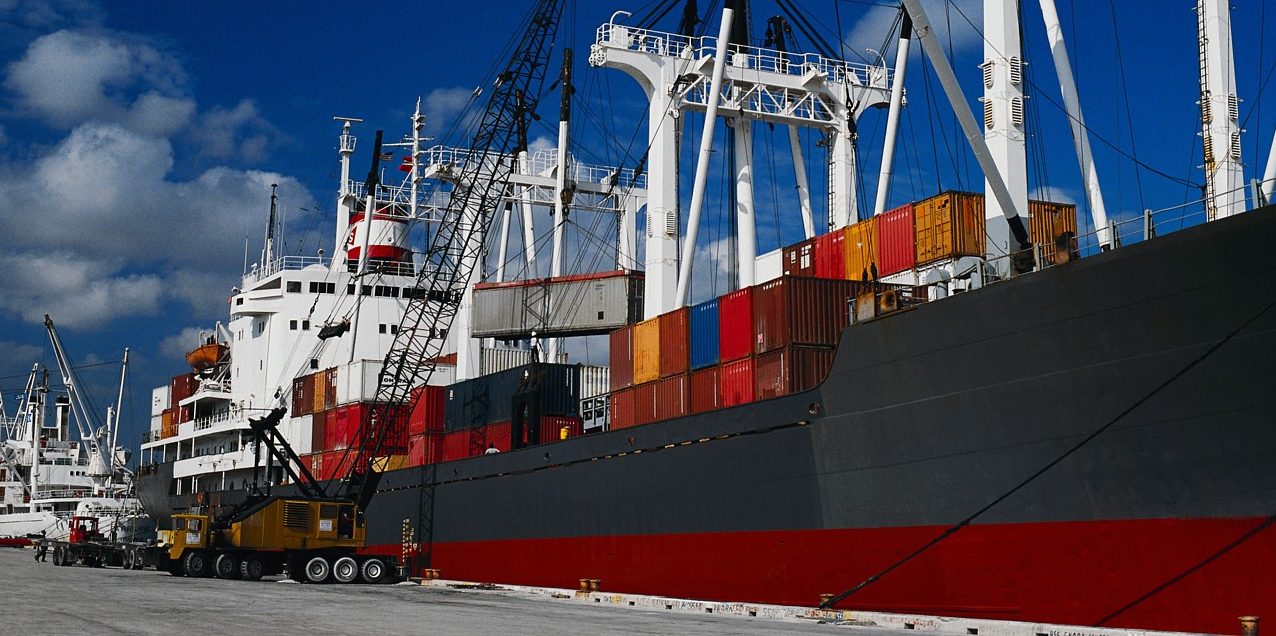Trade Tariffs Threaten $174 Million in State Exports

Trade tariffs will have a significant impact on Connecticut’s economy, threatening $174 million in exports according to a new U.S. Chamber of Commerce report.
The chamber measured the economic impact of escalating trade battles on all 50 states, warning that “tariffs are inflicting harm on the American economy and will continue to do so unless the administration changes course.”

“Tariffs imposed by the United States are nothing more than a tax increase on American consumers and businesses, including manufacturers, farmers, and technology companies, who will all pay more for commonly used products and materials.
“Retaliatory tariffs imposed by other countries on U.S. exports will make American-made goods more expensive, resulting in lost sales and ultimately lost jobs here at home.”
Manufacturing Hit Hard
Connecticut exported $14.75 billion in commodity goods last year. That represents about 6% of the state’s $263 billion annual gross domestic product.
U.S. trade tariffs on steel and aluminium imports—and retaliatory tariffs by our trading partners—have the greatest impact on Connecticut exporters, particularly in the manufacturing sector.
The U.S. Chamber estimates Canada’s decision to respond in kind to U.S. tariffs, including a 10% levy on aluminum and 25% on steel, will endanger over $68 million annually in Connecticut exports.
Canada is Connecticut’s second largest commodity market after France, with $1.9 million in export sales last year.
The chamber also says tariffs threaten $67 million in Connecticut export sales to China, $24 million to Europe, and $15 million to Mexico.
Adding Costs, Weakening Competitiveness
“The timing of this couldn’t be worse,” said CBIA president and CEO Joe Brennan. “Particularly in a state like Connecticut, that relies so heavily on advanced manufacturing.
“Manufacturing is finally getting some traction. Companies are moving back to the U.S.
“Now we’re adding tariffs that are adding higher costs and making it more difficult for businesses to be competitive.”
The timing couldn't be worse, particularly in a state like Connecticut that relies so heavily on advanced manufacturing.
The full 2018 survey results will be released September 7 at the Connecticut Economy conference in Hartford.
Tariffs Hike Import, Domestic Prices
Joe Vrabley, president of Waterbury-based Atlantic Steel & Processing, says trade tariffs are driving up his raw materials costs, noting that steel prices rose 40% in the last five months.
"In general, tariffs really hurt small businesses," Vrabley said. "I'm a niche player, and it impacts me because of how I buy.
"Your supply gets constrained, prices go up, you have to move those prices into the market, customers push back, so there's a lull in the market, and everybody feels it.
"Manufacturers can handle bad news, but you can't operate in uncertainty, and we're operating in uncertain supply chains.
"It's bad for the economy. I believe in free trade, as long as it's fair. And I don't believe in protectionism."
RELATED
EXPLORE BY CATEGORY
Stay Connected with CBIA News Digests
The latest news and information delivered directly to your inbox.


